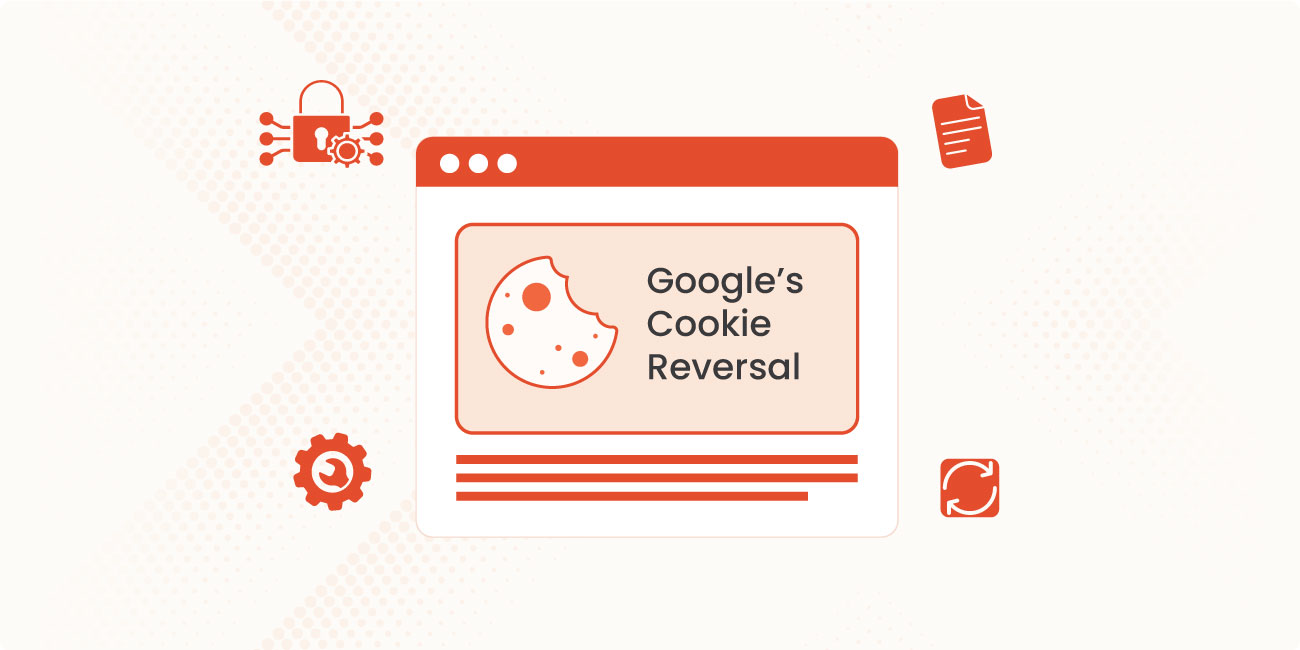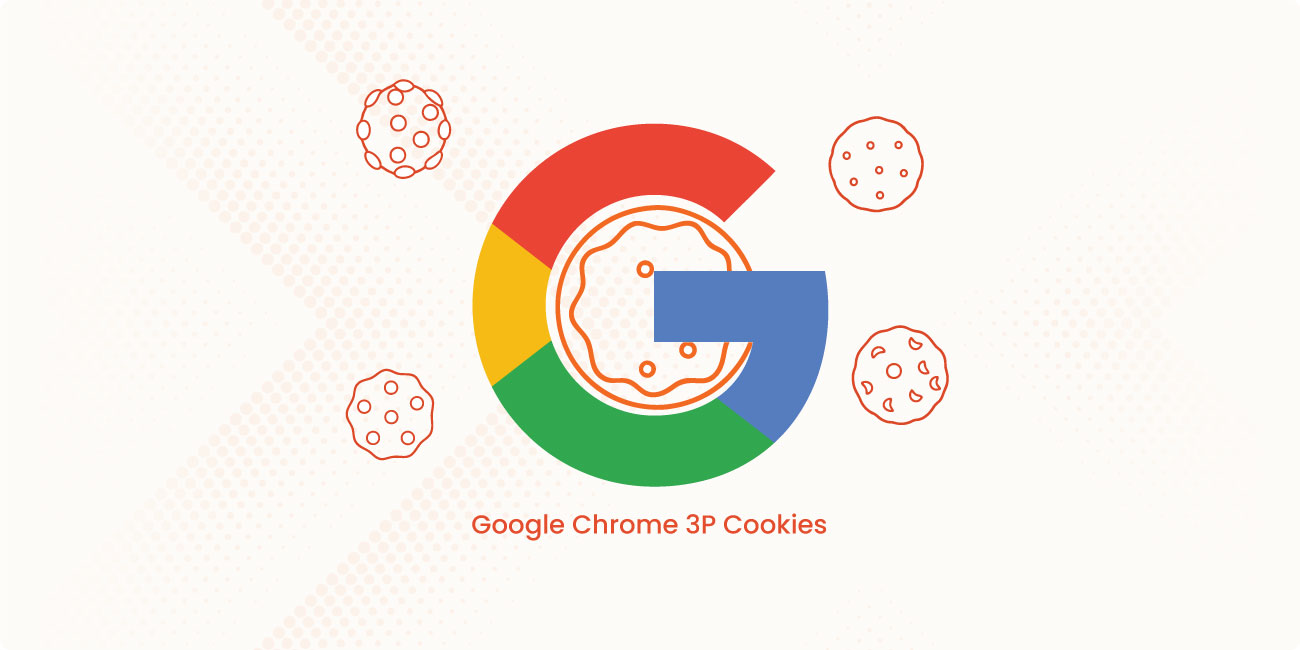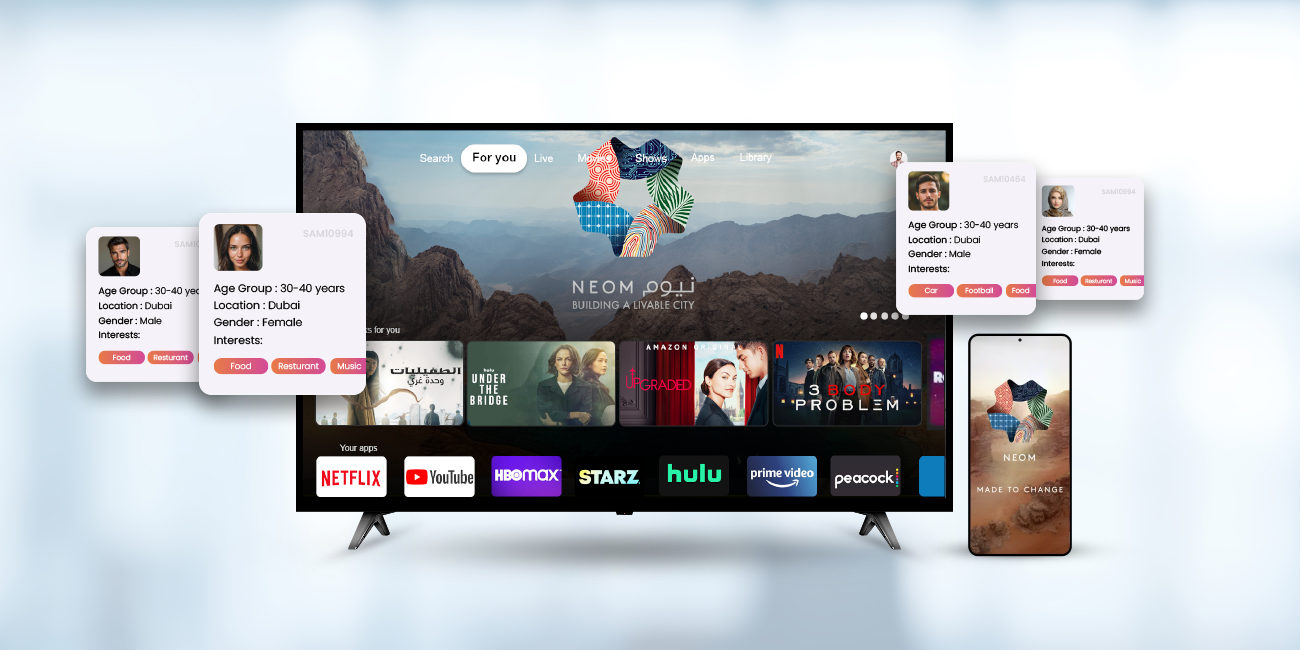
“Guess we can put our ‘cookie apocalypse’ survival kits back on the shelf. Thanks, Google!”
Google surprises the world by suddenly abandoning plans for cookie phase-out in Chrome! Instead of outright deprecating third-party cookies, it plans to introduce a new Chrome experience that empowers users to make informed decisions about cookie usage. This move acknowledges the challenges in transitioning to a cookie-less future while emphasizing the importance of privacy-preserving alternatives. For advertisers, this is a pivotal moment to rethink and refine their strategies, leveraging first-party data and consented data to enhance performance and build deeper connections with their audiences.
The First-Party Data Goldmine
In the current landscape of data-driven marketing, the value of first-party data cannot be overstated. With the introduction of new guidelines, brands now have the opportunity to leverage consented data to gain significant insights and foster meaningful connections with their audience. This underscores the necessity for brands to refine their strategies, as the ability to effectively utilize first-party data is becoming a key factor in distinguishing industry leaders. Success in this regard is not simply a matter of data collection but rather lies in the adept crafting of personalized, engaging advertising experiences that deeply resonate with target audiences. Also in comparison to third-party cookies, first-party data is markedly more dependable and yields a wealth of actionable insights, positioning it as a strategic asset for those seeking to maintain a competitive edge.
How Advertisers Benefit from Google’s Cookie Reversal
Building Trust and Utilizing Consent Mode: By utilizing tools like Consent Mode, advertisers can gather data responsibly, fostering consumer trust. This trust is crucial for building long-term brand loyalty and engagement.
Embracing Advanced Technologies: The use of AI and machine learning to process first-party data enables advertisers to develop predictive models that offer deeper insights into consumer behavior. This leads to more precise targeting and better decision-making.
Competitive Advantage through Quick Adaptation: As cookie-based targeting becomes less effective, the ability to quickly adapt and refine strategies will provide a significant competitive advantage. Advertisers focusing on precision and quality over quantity will see improved ROI.
First-Party Data and Privacy-Focused Strategies: First-party data, collected with user consent, is more reliable and provides richer insights compared to third-party cookies. Advertisers who excel in leveraging this data will be better positioned to create personalized and engaging experiences.
Privacy Sandbox and Future-Proofing: Google’s Privacy Sandbox initiative emphasizes the importance of privacy-preserving alternatives. Advertisers who prepare for a privacy-focused future by refining their data strategies will be better equipped to navigate and thrive in this evolving landscape.
Google’s decision to delay the end of third-party cookies is not a return to the ‘good old days’ but a call to action. It’s a reminder that the landscape is shifting, and those who adapt will thrive. Investing in first-party data strategies, embracing consented data, and leveraging advanced technologies will set the stage for a future where advertisers can engage with their audiences more effectively and ethically. This is a golden opportunity, not just to maintain the status quo but to leap ahead of the competition.
In the ever-evolving world of digital advertising, staying ahead means seeing change as an opportunity. And for those willing to adapt, the future is not just bright but brilliantly illuminated with possibilities.
Written By Alok Pandey, VP Sales Xapads








